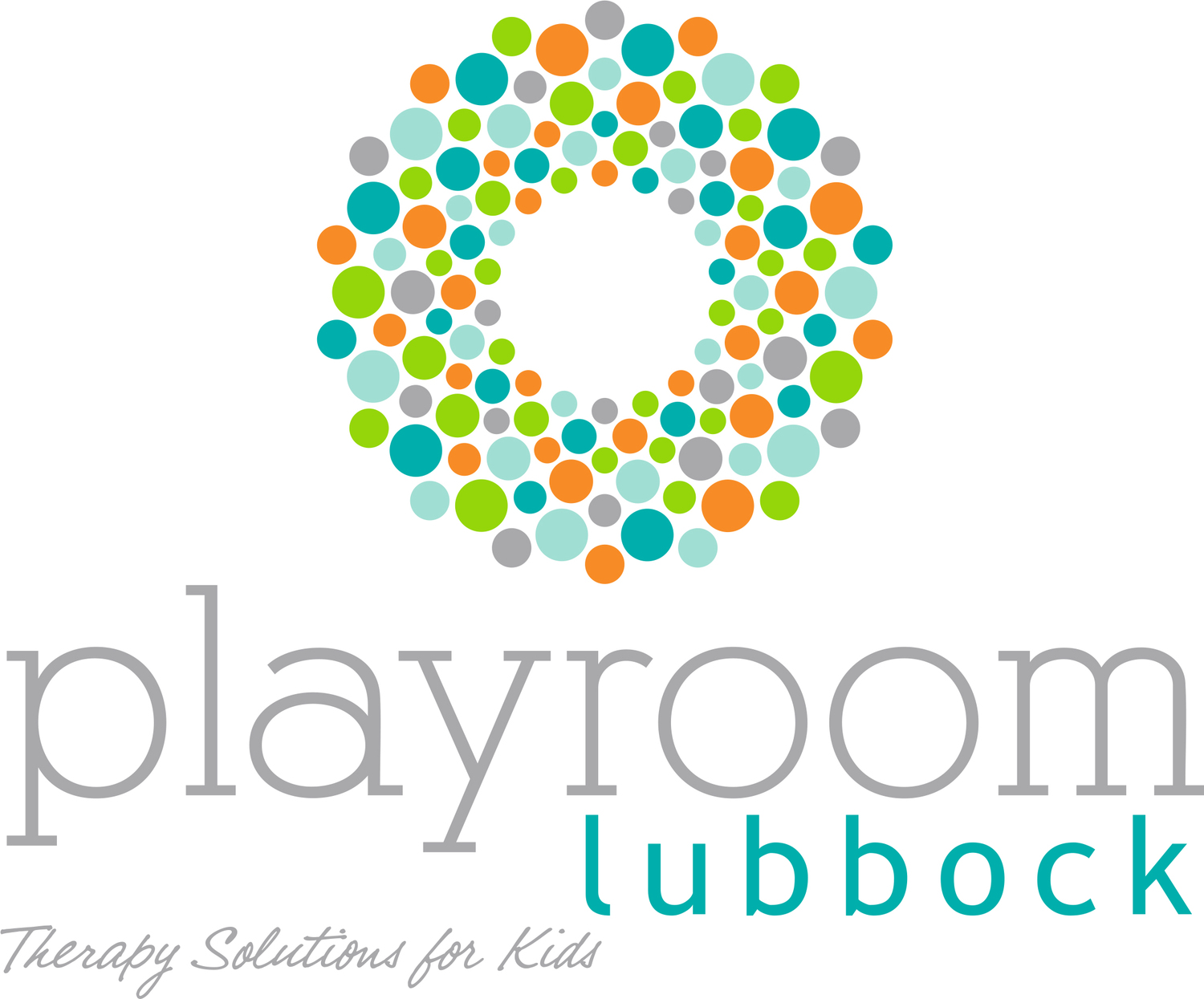What is Play Therapy? What is Activity Therapy?
Play Therapy is to kids what counseling or talk therapy is to adults. Children use play as their natural language and the toys are their words. Play therapy allows a child to change the way they think about, feel toward, and resolve their concerns.
For older kids and teens, the counselor will use activities, games, arts, crafts, and sand tray therapy to provide a non threatening means of communication. The activities are selected to help meet treatment goals, although the client is free to carry out the activity or interpret the activity in a way that best fits his/her needs and interests.
Why Play Therapy?
Play Therapy is effective for a wide variety of problems or concerns that affect or will affect the way a child functions at home, at school, or in the community. Child counselors can be and should be specially trained to strategically use play and specific toys to address a child's needs when the child does not have the verbal language to express their thoughts and feelings. The positive relationship between a therapist and child during play therapy can provide an experience that promotes well being and leads to emotional healing.
Play therapy demonstrates significant effectiveness for children and behavioral and emotional challenges. You may read more about play therapy as a successful evidence based practice here.
Who Can Benefit from Play Therapy?
Play Therapy is especially appropriate for kids ages 3-12. For older kids and teens, play provides a safe distance from problems and allows expression of thoughts and feelings. Play techniques for older kids and teens include sand tray therapy, expressive arts (painting, drawing, creating, sculpting, acting, singing), or activity therapy (constructing, building, balls, games, etc.)
What can play therapy do for my child?
Develop responsibility for behaviors
Develop problem solving skills
Learn to communicate with others
Develop respect and acceptance of self and others
Stimulate creative thinking and exploration
Express emotion
Relieve stress
Cultivate empathy
Enhance social skills
Develop assuredness about personal abilities
How long does my child need play therapy?
Each child comes at his/her own pace and with his/her own needs. Therefore, the length of counseling varies. Once the therapist attends an initial parent consultation with the parent/caregiver and it is established that the child will begin play therapy, the child needs sufficient time to develop a trusting and warm therapeutic relationship with the therapist in order to feel safe enough to express to the therapist through toys, sand, or expressive arts, his/her child's world view and perceptions of experiences. The amount of sessions a child attends may range from 4-12+ sessions.
What is the process?
Parent Consultations
During the initial parent consultation (without the child), the parent will have the opportunity to share concerns and background information about the child. The counselor will explain the therapy/counseling process and procedures and will provide a few forms to sign.
Parent consultations (again without the child) will continue every 4th session. These consultations allow the counselor to address the parent's concerns, allow parents to have a better understanding of the child, allow the therapist to share information about the child without breaking confidentiality, and allow both the counselor and parent to communicate progress. It’s a wonderful opportunity to collaborate with parents/caregivers in their efforts to support their child.
Play Therapy Sessions
These sessions are typically 45 minutes in length and may include play therapy, expressive arts, sand tray therapy, or activity therapy in a designated Playroom. The duration of counseling varies from child to child. Individual play therapy sessions include one child and the counselor. Group play therapy sessions include 2-3 children and the counselor.
The Association for Play Therapy outlines the stages of play therapy which helps inform parents of what to expect and guides play therapists during the process. You may read about them here.
What is a Registered Play Therapist?
An RPT is a licensed mental health professional specifically trained in employing the therapeutic power of play. We have extensive training and supervision in play therapy and child development, plus we are already licensed mental health therapists! We receive our RPT credentialing from the Association for Play Therapy (www.a4pt.org).
How does Play Therapy Work?
A Child Centered Play Therapist doesn’t suggest that clients play with a certain toy or work on a presenting problem. Instead, play therapists offer warmth, empathy and a gentle structure for clients to make their own meaning through the exploration and play they chose to engage in. Play reveals a child’s internal emotional world. Children have a unique voice in the playroom which doesn’t always include words. Roughly 70 percent of a play therapist’s work is nonverbal and 30 percent is verbal. When play therapy practitioners do speak, it is typically to offer reflection and encouragement on the play they are observing or to offer guidance such as setting limits.
Skilled play therapists can recognize play themes that reflect the child’s emotional needs and use them to help process their concerns. Play therapists respond to play themes, often saying back to the child what she is doing. Children appropriately interpret this as permission to continue, and delve deeper. It also promotes emotion regulation and mindfulness as the therapist attunes to the child, attends to the present, and pairs language with actions, thoughts, and feelings to facilitate integration.
Even though the reason that brought the child to therapy may not be that specific scenario, a skilled therapist uses this a child’s play to address underlying feelings such as helplessness, fear, or anger. As their play moves through specific stages, emotions become less overwhelming, and many families note that behavior outside of the sessions improves.

